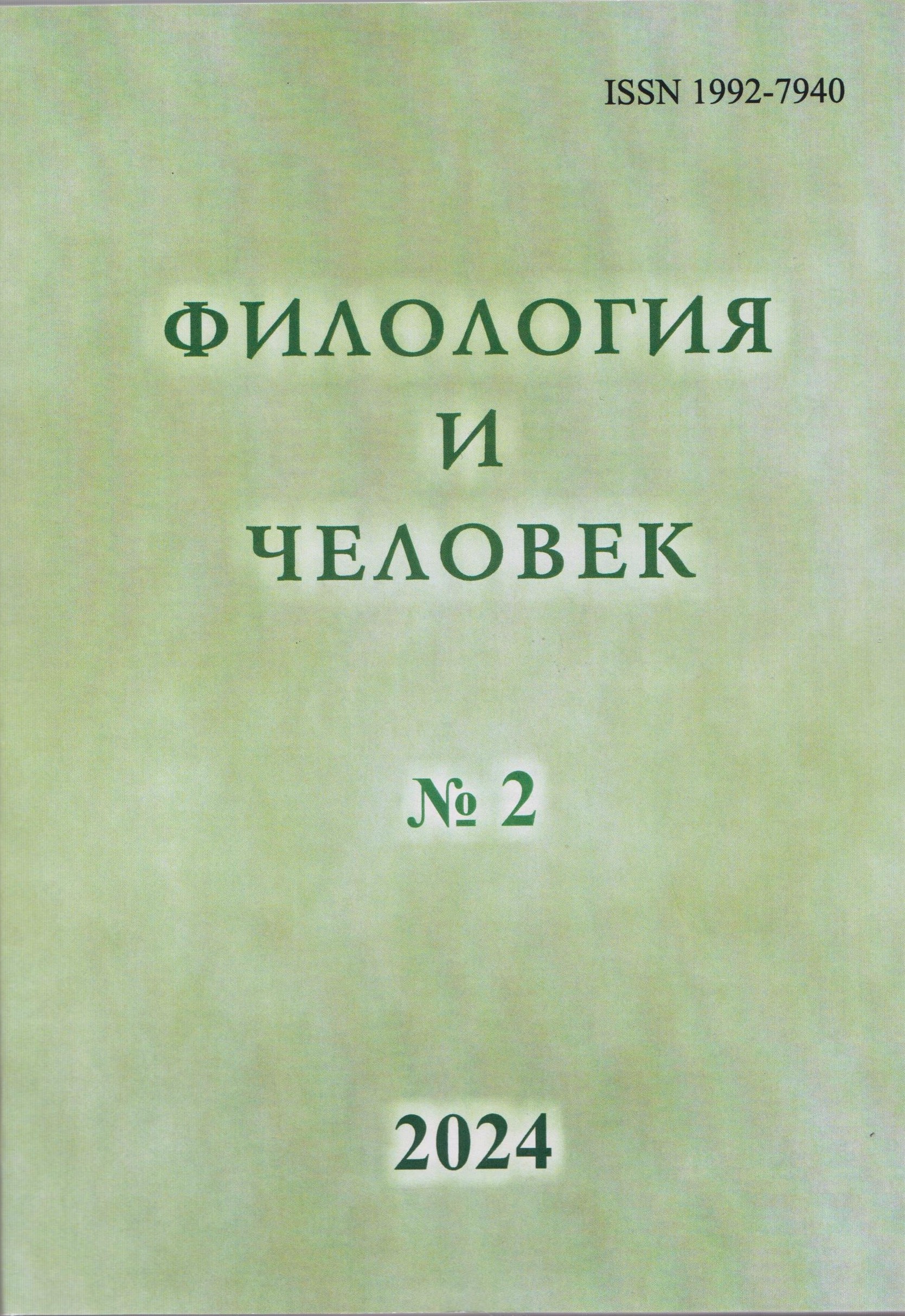Actualization of Game Slang Usage in Videogame Localization
Abstract
In this paper, the relevance of the use of game slang in game localization is studied. Traditionally, such practice may be considered as some lack of professional skills or incompetence of the translator. In the past, when fan-made translation was more common, this practice was quite acceptable. However, according to the data obtained, it is evident that the attitude of the professional community is not so radical in this matter. While analyzing large official projects, the use of ambiguous lexical units that cannot be attributed to normative vocabulary was revealed, which confirms the relevance and tendency of their use. The advantages and disadvantages of this approach to the adaptation of computer games are studied. Implementing the diachronic nature of the phenomenon, the author speaks about a consistent and long-term analysis of the subject, since at the moment it is possible to obtain only data on the use of slang words and expressions in released games, as well as take into account the attitude of translators and other experts to the practice of their use in translation.
Downloads
Metrics
References
Аханова М. Г. Игровой сленг как новая форма коммуникации / М. Г. Аханова, А. В. Корольчук // Актуальные направления научных исследований: от теории к практике. – 2016. – № 2-2(8).
Ахманова О.С. Словарь лингвистических терминов / О. С. Ахманова. – 2-е изд., стер. - М., 2004.
Евгеньева А.П. Словарь русского языка: В 4-х т. / РАН, Ин-т лингвистич. исследований; Под ред. А.П. Евгеньевой. — 4-е изд., стер. — М., 1999.
Жабина Л. В. К вопросу об игровом сленге / Л. В. Жабина // Университетские чтения ПГЛУ. Часть V. Пятигорск. - ПГЛУ, 2014.
Захарченко Т. Е. Английский и американский сленг / Т. Е. Захарченко - М., 2009.
Судзиловский Г. А. Сленг — что это такое? Англ.-рус. словарь воен. сленга / Г. А. Судзиловский. – М., 1973.
Хомяков В. А. Введение в изучение сленга - основного компонента английского просторечия / В. А. Хомяков. Изд. 2-е. – М., 2009.
Ярцева В.Н. Лингвистический энциклопедический словарь / под ред. В. Н. Ярцевой. – изд. 2-е, доп. – М.: Большая Российская энциклопедия, 2002.
Список источников
Отчет Google о росте игрового рынка. URL: https://games.withgoogle.com/reports/#section_blue-island (дата обращения: 19.02.2022).
Хуторская А. А. Методика определения способов перевода киберспортивной лексики. [Электронный ресурс] / А.А. Хуторская // Вестник Института образования человека. – 2016. – №2.
Редакционная коллегия научного журнала «Филология и человек» придерживается принятых международным сообществом принципов публикационной этики, отраженных, в частности, в рекомендациях Комитета по этике научных публикаций (Committee on Publication Ethics (COPE), Кодекс этики научных публикаций), а также учитываeт ценный опыт авторитетных международных журналов и издательств.
Во избежание недобросовестной практики в публикационной деятельности (плагиат, изложение недостоверных сведений и др.), в целях обеспечения высокого качества научных публикаций, признания общественностью полученных автором научных результатов каждый член редакционной коллегии, автор, рецензент, издатель, а также учреждения, участвующие в издательском процессе, обязаны соблюдать этические стандарты, нормы и правила и принимать все разумные меры для предотвращения их нарушений. Соблюдение правил этики научных публикаций всеми участниками этого процесса способствует обеспечению прав авторов на интеллектуальную собственность, повышению качества издания и исключению возможности неправомерного использования авторских материалов в интересах отдельных лиц.





